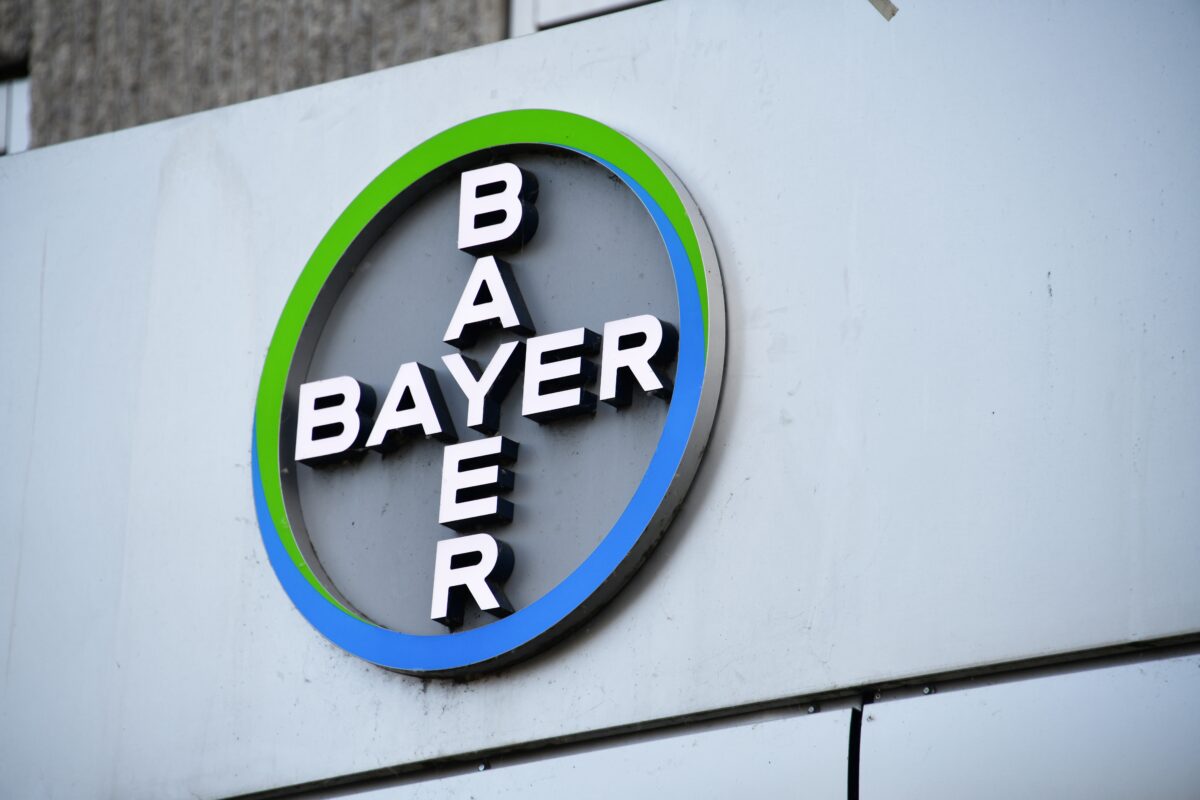The US Food and Drug Administration (FDA) has approved the first and only oral drug for the treatment of advanced or metastatic breast cancer in postmenopausal women or adult men with estrogen receptor-positive (ER+), human epidermal growth factor receptor 2-negative (HER2-) ESR1 mutations. Orserdu (elacestrant) is the first endocrine innovation in 20 years specifically targeting ESR1 mutations in ER+, HER2- advanced or metastatic breast cancer patients with disease progression following at least one line of endocrine therapy.
Until now, fulvestrant was the only other selective estrogen receptor degrader (SERD) therapy approved for ER+ breast cancer, delivered via intramuscular injections.
“The FDA approval of Orserdu marks the first ever therapy for ER+, HER2- advanced or metastatic breast cancer patients with ESR1 mutations and we are very proud to offer a targeted therapy addressing this huge unmet need,” said Elcin Barker Ergun, chief executive officer of the Menarini Group, in a new press release.
“Advanced or metastatic ER+, HER2- breast cancer pre-treated with endocrine-based therapy remains an area of unmet medical need. The last endocrine therapy approved was about 20 years ago, and effective endocrine options for this patient population are needed,” said Dr. Aditya Bardia, MD, MPH, director of Breast Cancer Research at Mass General Cancer Center, associate professor at the Medicine Department at Harvard Medical School and principal investigator for the EMERALD trial, in the same press release statement.
This approval follows the promising results of the Phase III EMERALD global clinical trial published in the Journal of Clinical Oncology.
Stemline Therapeutics, a commercial-stage biopharmaceutical company focused on the development and commercialization of novel oncology therapeutics and a wholly owned subsidiary of the Menarini Group, will market Orserdu in the US.
ER+, HER2- Breast Cancer
ER+, HER2- cancers account for about 75 percent of breast cancers. In addition, about 40 percent of these cases involve mutations in the ESR1 gene.
According to Sonya Negley, executive director at Metavivor, “Each year 300,000 Americans are diagnosed with breast cancer and metastatic breast cancer causes the vast majority of deaths from the disease: more than 43,000 annually.”
Current treatments include hormonal therapies that focus on blocking the function of the estrogen receptor, curbing its production or degrading the receptor itself. Mutations in the ESR1, however, have contributed to the rise of endocrine resistance.
“ESR1 mutations are a known driver of resistance to standard endocrine therapy, and so far, have been difficult to treat. The approval of elacestrant is welcomed as it offers a novel option for patients with ER+, HER2- metastatic breast cancer. This therapy targets the ESR1 mutations in metastatic breast cancer and provides patients with a convenient oral once-daily dose,” explained Dr. Bardia.
Orserdu (Elacestrant)
Orserdu (elacestrant) is an oral SERD that works by binding to estrogen receptors on cells. This prevents the cancer cells from accessing estrogen, thereby blocking the cancer cells’ ability to grow and multiply.
Orserdu was approved on the basis of the results of the registrational Phase III EMERALD trial (NCT03778931) that demonstrated statistically significant progression-free survival (PFS) and reduced disease progression compared with the standard of care (SOC) monotherapy (fulvestrant, letrozole, anastrozole or exemestane).
Elacestrant had previously shown significant anti-estrogenic activity and potent anti-tumor activity in xenograft models. Unlike fulvestrant, elacestrant is not only orally bioavailable, but it has also demonstrated longer steady-states and works as a better combination partner with inhibitor agents like CDK4/6.
Orserdu is available in the form of 345 mg tablets to be taken once a day with food. The most common adverse reactions observed were musculoskeletal pain, nausea and increased cholesterol.
Additional prescribing information and safety information can be found at www.orserdu.com.
The Phase III EMERALD Trial
The randomized, open-label, active-controlled Phase III EMERALD trial enrolled patients with ER+, HER2- advanced metastatic breast cancer who had previously received one or two lines of endocrine therapy, including a CDK4/6 inhibitor.
The objective of the study was to evaluate the safety and efficacy of elacestrant compared with SOC endocrine monotherapy.
Patients were randomly assigned elacestrant or SOC monotherapy (1:1), with SOC being the investigator’s choice of fulvestrant, anastrozole, letrozole or exemestane.
Among the 478 patients enrolled, elacestrant slowed disease progression or death by 45 percent in patients with ESR1 mutations. In addition, a post-hoc analysis of the PFS results revealed that in ESR1-mutated patients treated with CDK4/6 inhibitors for 12 months, the median PFS was 8.6 months on elacestrant compared with 1.9 months on SOC.
How Can Patients Access Orserdu?
Once Orserdu becomes available in the US, patients will be able to access this oral drug through Stemline’s patient assistance program called Stemline ARC. This program will guide eligible patients on the treatment, inform patients on their insurance coverage and provide financial assistance options.
“We advise patients to get tested for ESR1 mutations at progression in their metastatic treatment, so that their healthcare team can identify the right treatment options for their disease,” said Negley.
Patients and healthcare professionals can call 1-833-4-STEMLINE (1-833-478-3654) for additional information.
Future Steps with Elacestrant
The European Medicines Agency (EMA) has accepted and is currently reviewing the Marketing Authorization Application (MAA) for elacestrant.
In addition, elacestrant is also being investigated in several clinical trials for breast cancer and brain metastasis, either as a stand-alone or combined with other therapies.
The possibility of using elacestrant in early breast cancer treatment is also being evaluated.












Join or login to leave a comment
JOIN LOGIN